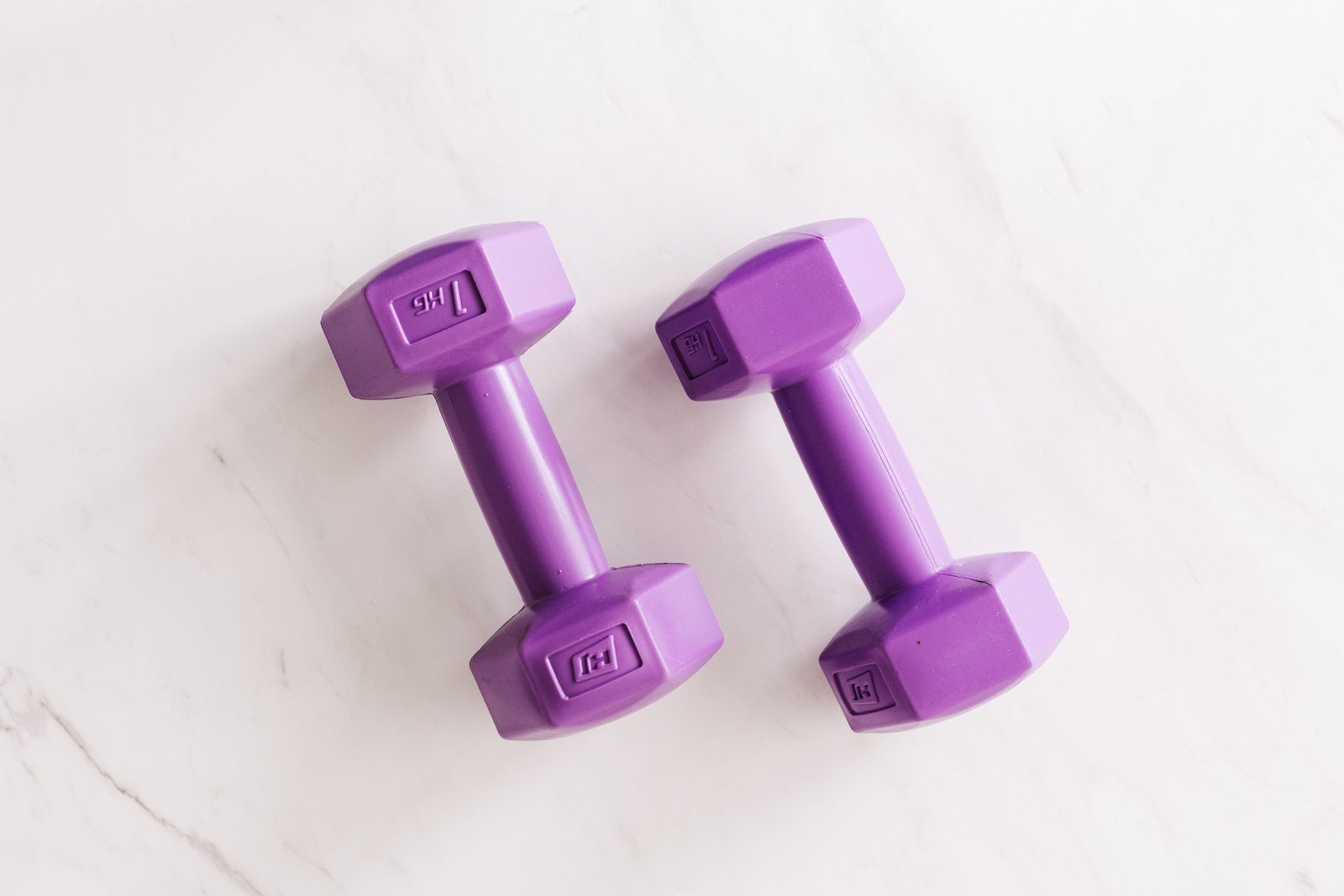
HR Interview FAQ 3 - What are your strengths?
In this FAQ series, we will discuss the most commonly/frequently asked questions in an HR interview and ways to approach them. Remember, the interview is an interaction between two equal people. Do not think of it as the HR doing a favour for you. The HR is doing his job. The job of HR is to find the right candidate for the vacant position. Your job is to make him believe you are the one. It’s like a dance, isn’t it? It’s a smooth waltz. You are sure to end on a sweet note if the two of you are in sync with each other.
Q3 - What are your strengths?
Strength is an area in which you are not just good at, but exceptional. This is one of the most popular questions in an HR interview. We as an Indian culture are not so good at bragging about ourselves. When we grew up, our elders always asked us to stay humble. We have traditionally underplayed our achievements or given all credit to others. When I appreciate someone, I have listened to answers like these.
“Oh! It’s nothing!”
“It was all because of the team!”
Well, humility is a great virtue to possess. We are so embarrassed about bragging about our achievements. But here, we are in a conundrum. We will have to express our strengths, without coming across as bragging. In my experience of interviewing hundreds of students, I have come across answers like this.
“I am sincere.”
“I am hardworking.”
These are probably the answers which were popular in 1940. But then, times have changed. If you were the HR and a candidate says he is sincere or hardworking, your first reaction would be, “Ah! Boring!”. Make no mistake, being sincere and hardworking are great virtues, but they are expected of any candidate. You can’t really score points if you project them as your greatest strengths. After all, nobody is going to accept they are not sincere or not hard working.
Recently, as an answer to this question in an interview, one of
the candidates told me he had good leadership qualities. ‘That’s nice', I
thought. But I was not ready to believe him yet. I probed him further.
“How can you be sure?”, I interrogated.
“I was the school captain in my 12th standard. I’ve had the
experience of managing many events successfully. I was also the representative of
my class for two semesters. During that time, I encouraged my class to
participate in many symposiums in nearby colleges and created a culture of
togetherness and positivity. I am currently the captain of my college
volleyball team. I led my team to the University Title last year.”
That was pretty impressive from him. I have reason to believe he has got exceptional leadership qualities. His achievements speak for his answer. Case sold.
Another candidate exclaimed she performs well under pressure. She
went on to add how she usually doesn’t study during the course of the semester,
but one day before the exams, she summons all her energy to do all-nighters and
pass in the exams. She didn’t have any history of arrears.
“How’s this going to help my company?”, I
wasn’t willing to let it go easily.
“In a corporate organization, we will have to work with stringent
deadlines. Since I can do things well at the last minute, I wouldn’t panic and
will come up with innovative ideas to complete the project on time. This makes
me an invaluable asset to your company”, she concluded.
Excellent. Impressive. Case Sold.
This is exactly what the HR expects - something simple and honest. He doesn’t really want anything out of the ordinary. He wants experiences from your life that support your answer.
Some qualities you could mention as your strengths are:
➢ Critical Thinking
➢ Problem Solving
➢ Collaborative Skills
➢ Innovation
➢ Enthusiasm
➢ Determination
➢ Versatility
➢ Leadership Qualities
➢ Performing under pressure
There are a hundred other strengths you could mention. But make
sure, they add value to the company. Your strengths define you. If you identify
something as your strength, keep working on it so that you become an absolute
ninja at it. Roger Federer, the great tennis champion famously declared he
never ceases to work on his strengths. He went on to add, that if he worked only on
his weaknesses, he would only become a well-rounded player. But when he works
on his strengths, he becomes a dangerous player.
Work on your strengths. Be honest while answering this question.
Whatever you answer, ensure you have some experiences from your life to back up
the claim. This would help you fill up the ‘Strengths’ section in your resume
as well.
This is an excerpt from my book, "Cracking the
Campus Code". To know more about the book, click here.
Wishing you all the very best in your interviews.
Cheers!
Photo Courtesy: Karolina Grabowska
Source: Pexels.com
